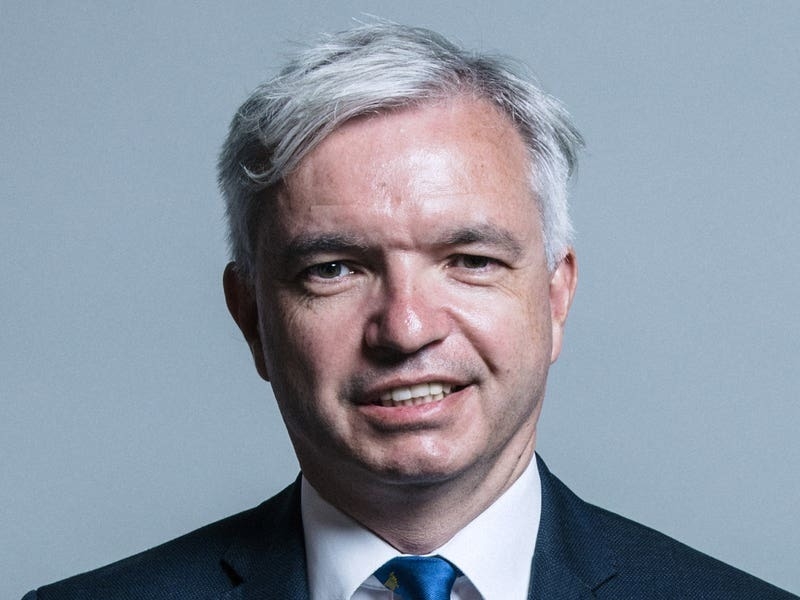Under collective responsibility, all ministers are required to support the decisions and policies of the government in public, even if they oppose them.
Chief Minister Ian Gorst – who brought a successful proposition to introduce the system in 2014 following recommendations by a Scrutiny sub-committee – has now lodged proposals to do away with collective responsibility after admitting that ‘it hasn’t worked in the way we expected’.
Senator Gorst said that the changes needed to be made in the wake of the Independent Jersey Care Inquiry report as well as a review of the failure of the Jersey Innovation Fund which found that there was a ‘silo’ mentality within the States.
The proposition would also effectively put more power in the hands of the Chief Executive of the States, now Charlie Parker. This includes being responsible for the spending of public funds – meaning the Chief Executive would be required by law to ensure that taxpayers’ money was spent in an efficient way – and being responsible for the work of other senior civil servants.
The policy of collective responsibility has come under fire in recent months, with ministers opting not to vote rather than approve something with which they don’t agree. During November’s Budget debate, Economic Development Minister Lyndon Farnham did not cast a vote on bringing in a 20 per cent retail tax while his two assistant ministers Steve Pallett and Murray Norton both voted against Treasury Minister Alan Maclean’s proposals.
Senator Gorst said: ‘I did support collective responsibility originally – the overall aim at the time was to enhance accountability. I think three years on we can say it hasn’t worked in the way that we expected.
‘The public expect us [ministers] to have disagreements and to explain why we have made our decisions. I think there is often concern from the public about whether things are properly discussed – ministers do disagree and, ultimately, we each should have to explain our decisions.’
The proposition, if approved, would also allow the Chief Minister to shuffle his ministers and move them between departments, providing he or she gives Members a two-week notice period of his intentions.
Senator Gorst said the changes were designed to create ‘one government’, break down the barriers which prevent cross-departmental work, and increase ‘accountability and government transparency’. He added that he was ‘fed up’ that ‘no one seems to know who is accountable’.
The Independent Jersey Care Inquiry report, released last year, criticised a ‘silo mentality’ which, it said, meant States departments were ‘characterised by territorialism and protectiveness rather than openness to pooling resources’.
Senator Gorst admitted that the scandal surrounding the Jersey Innovation Fund, which came under fierce criticism last year amid claims that around £1.4 million of public money may not ever be recouped, has prompted the rethink of the machinery of government. A report from Jessica Simor found that there was ‘confusion’ over which minister had ‘ultimate legal responsibility for the loan decisions’ and that Jersey’s political system made it difficult for the Chief Minister to reallocate ministerial responsibilities.
Senator Gorst criticised ‘various individuals’ who, he said, held on to power and prevented him from shuffling responsibilities, leading in part to the Innovation Fund fiasco – but he would not be drawn on names.
‘I told the States what their responsibilities would be and what I would like each minister’s responsibilities to be,’ he said. ‘In some cases it took a year to get those moved around. Various individuals used the mechanisms in place to frustrate what everyone knew was going to happen from the start.
‘How can we have a situation where people are not sure who is responsible for the money?’
The proposals are due to be debated on Tuesday 20 February.






